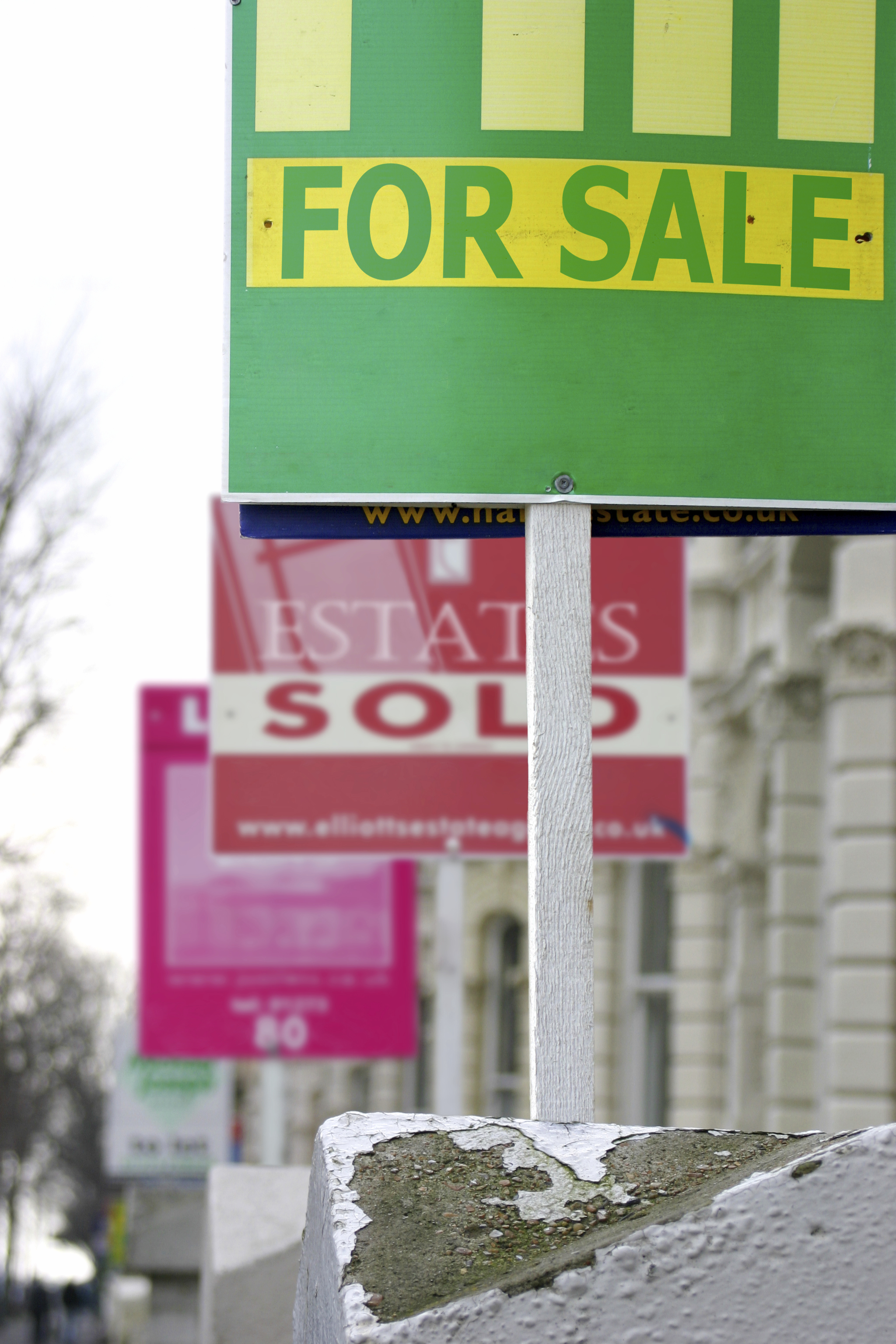
Landlords Remaining Confident of BTL tax changes
Landlords are indeed a ‘resilient lot’ because in spite of the BTL tax changes and stricter lending criteria they are still extremely confident about the private rented sector.
Private Rented Sector (prs) is housing that is privately owned and is let tenants.
According to a bank’s annual ‘BTL barometer’ report – 65% of landlords are very positive about the market and only 14% of buy-to-let investors are worried about how their portfolio will perform over the year. The annual report gauges how landlords truly feel about the market.
The findings show that many BTL investors are encouraged by high yields through exceptionally good tenant demand, with 21% stating in the last twelve months they have seen a substantial rise in demand.
At the same time landlords do realise that in the coming months and years there will be many challenges because of the new tax measures.
Many industry experts are predicting that existing landlords may be considering leaving the market as the number of investors in the BTL market has dropped in the last quarter.
In spite of the government’s ‘all out attack’ on private rented sector investors it will not change the fact that houses/property will always be a ‘safe bet’ for investment. This is the reason why 39% of the BTL investors, who took part in the survey, are making plans to expand their portfolios in the next year; both the North West and South East properties are high on their ‘Wanted’ list.
Karen Bennett, managing director of the lender, said: “There’s a healthy dose of uncertainty around at the moment, but the BTL market is showing its resilience.
“Property continues to offer an excellent underlying investment vehicle for professional landlords with the right investment strategy.
“While the investment case for BTL remains strong, there are particular challenges ahead for portfolio landlords and the additional impact of the PRA changes.”
“Landlords now face much more stringent affordability tests and it’s therefore more important than ever that landlords are clued up on their obligations as the market continues to get even more complex.”


If you have any comments, please email the author of this article and click on the link above